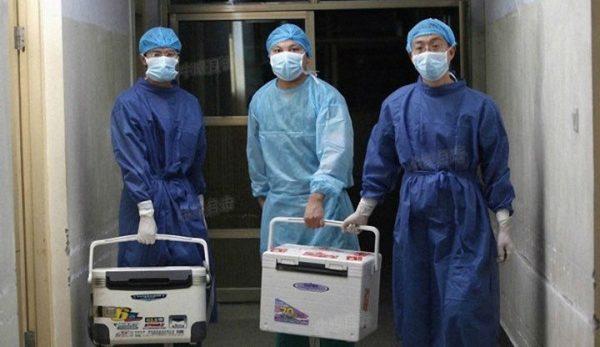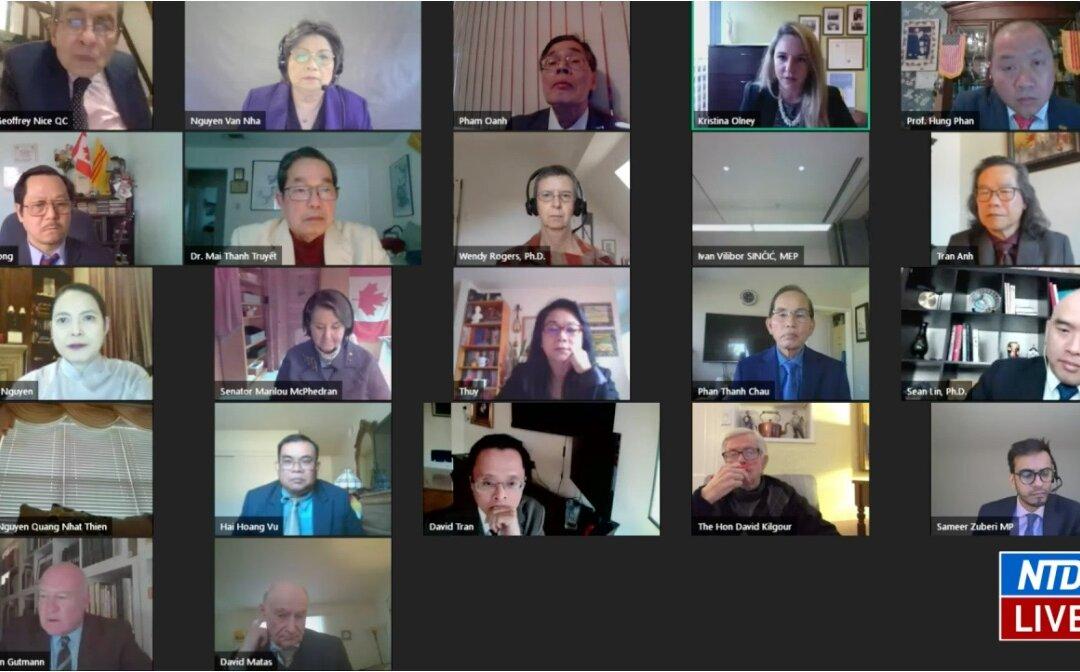A group of international advocates is calling on countries, including the United States, to do more to hold China accountable for its state-sanctioned practice of harvesting organs from living prisoners of conscience.
“On the issue of forced organ harvesting, the international community has remained silent despite the evidence for far too long,” said Kristina Olney, director of government relations for the Washington-based nonprofit Victims of Communism Memorial Foundation (VOC), during a webinar held on Feb. 24.
“The United States and the rights-respecting nations of the world must confront the evidence of this horrific human rights abuse taking place in China today, and hold the Chinese Communist Party accountable for its complicity. This crime has no place in the 21st century,” Olney said.
“There have been a number of congressional hearings and resolutions condemning forced organ harvesting, but until now, there has been no comprehensive legislation signed into law requiring the U.S. government to address this issue,” Olney said.

Under the proposed legislation, the president would be empowered to impose sanctions on foreign officials and entities that engage in or support the forced removal of vital organs from unwilling victims.
“We urge the U.S. Congress to swiftly enact this bill, and for international governments to pass similar legislation,” Olney stated.
Aside from Olney, other participants in the webinar included Ethan Gutmann, a China studies fellow at the VOC and co-founder of ETAC; Sean Lin, communications director for the Falun Dafa Association in Washington; and Nice, a prosecutor at the International Criminal Tribunal for the former Yugoslavia.
Lin said that dealing with the issues of forced organ harvesting was more than about simply addressing medical ethics in China’s transplant industry. Rather, the international community needed to confront the CCP’s human rights and other violations directly.
“If you do not deal with the Chinese Communist Party directly, the rampant forced organ harvesting in China won’t stop,” he said.

Nice said the tribunal reviewed “nothing but evidence” and came to the conclusion that China has committed crimes against humanity with its practice of forced organ harvesting.
Also taking part in the webinar was Wendy Rogers, a professor of clinical ethics at Macquarie University in Australia. She called for collaboration as no single individual or institution can force China to end its practice.
“But acting together, professionals and institutions can exert significant pressure on China,” Rogers said, adding that their actions “will send a strong message that the rest of the world will not tolerate this atrocity.”
Ivan Vilibor Sincic, a Croatian politician and member of the European Parliament, said at the webinar that the European Union has been “afraid of criticizing” China because of economic interests.
“People’s lives must be put first. It’s time to stop fearing the Chinese economic power. Europe must take a strong position. And of course, the world must take a strong position on this issue,” Sincic said.



